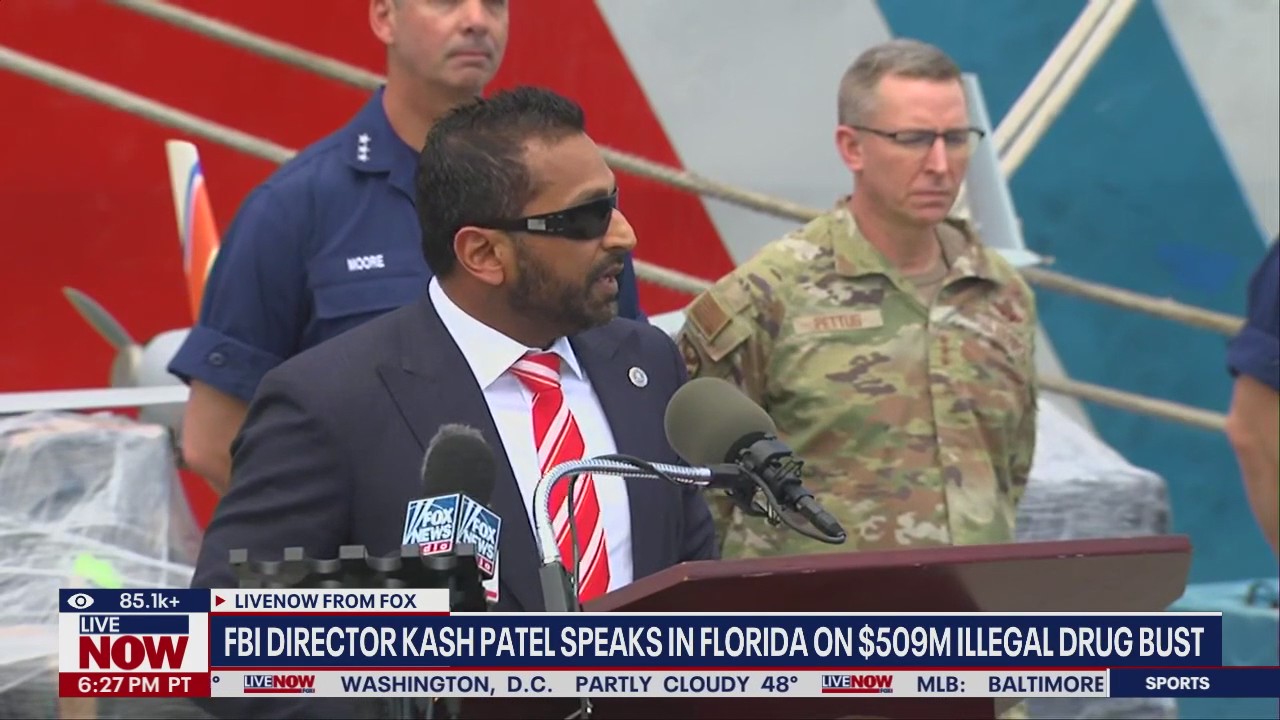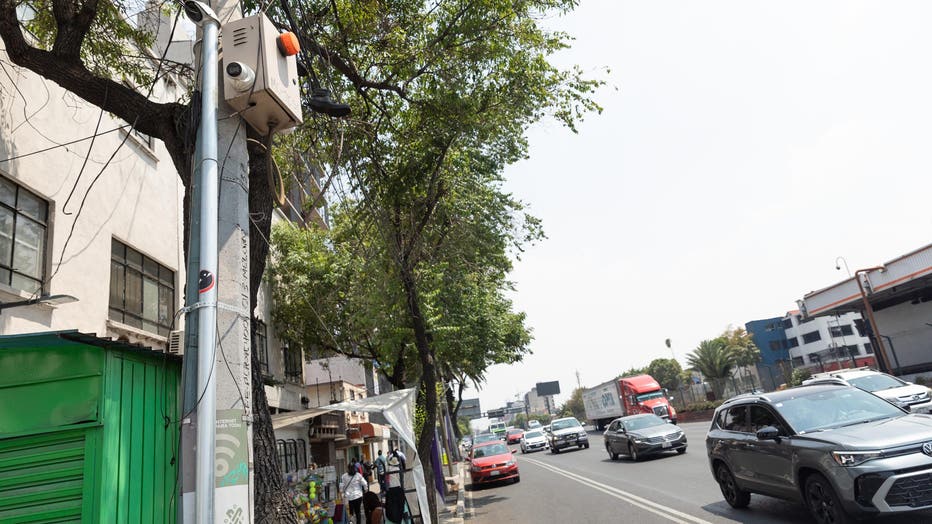Drug cartel used FBI phone data, cameras to find and kill informants, audit says

DOJ announces $509M cocaine bust tied to cartels
During a press conference Wednesday in Florida, Attorney General Pam Bondi and FBI Director Kash Patel announced the seizure of over $509 million in illegal drugs.
A hacker hired by the Sinaloa drug cartel in Mexico got access to an FBI official’s phone records and used Mexico City’s surveillance cameras to help find and kill FBI informants, according to a new report by the Justice Department’s inspector general.
The news was revealed in an audit of the FBI’s efforts to "mitigate the effects of ubiquitous technology," or the widespread data collection, processing and analysis of people using various technologies.
‘El Chapo’ mentioned in report
What we know:
The audit found that the hacker, who worked for the notorious cartel run by Joaquín "El Chapo" Guzmán, was able to pinpoint an FBI assistant legal attaché at the U.S. Embassy in Mexico City. Guzmán is currently serving a life sentence in the U.S. after he was found guilty in 2019 of multiple criminal acts linked to his cartel leadership.
RELATED: Cartel family members entered US after deal with Trump administration, Mexico says
The cartel hacker then used the FBI official’s phone number to obtain information from incoming and outgoing phone calls. The hacker was also able to access geolocation data.
Once the hacker had the phone call logs, they tapped into Mexico City's surveillance camera system to identify and track the people who met with the FBI official.

FILE - A non-functioning security camera in Mexico on May 21, 2025. (Photo by Grace Hie Yoon/Anadolu via Getty Images)
What they're saying:
"The cartel used that information to intimidate and, in some instances, kill potential sources or cooperating witnesses," the audit says.
What we don't know:
The report didn’t name the hacker, the FBI official or the victims killed by the cartel.
‘Ubiquitous technical surveillance’
Why you should care:
According to the report, global data collection and technological advances like artificial intelligence "have made it easier than ever for less-sophisticated nations and criminal enterprises to identify and exploit vulnerabilities."
A 2024 report from The Economist notes that ubiquitous technical surveillance has made it harder for intelligence communities to safely do their jobs. Spies and informants who use aliases can be identified using biometric technologies as they cross borders, while phone-location data and surveillance camera footage are easy to purchase.
A CIA tech worker said in 2018 that in 30 countries, "the level of surveillance was so mature that local security services no longer needed to follow the agency’s officers in order to know where they were," The Economist wrote.
The Source: This report includes information from the U.S. Justice Department inspector general's audit of the FBI's "efforts to mitigate the effects of ubiquitous technology" and The Economist.

